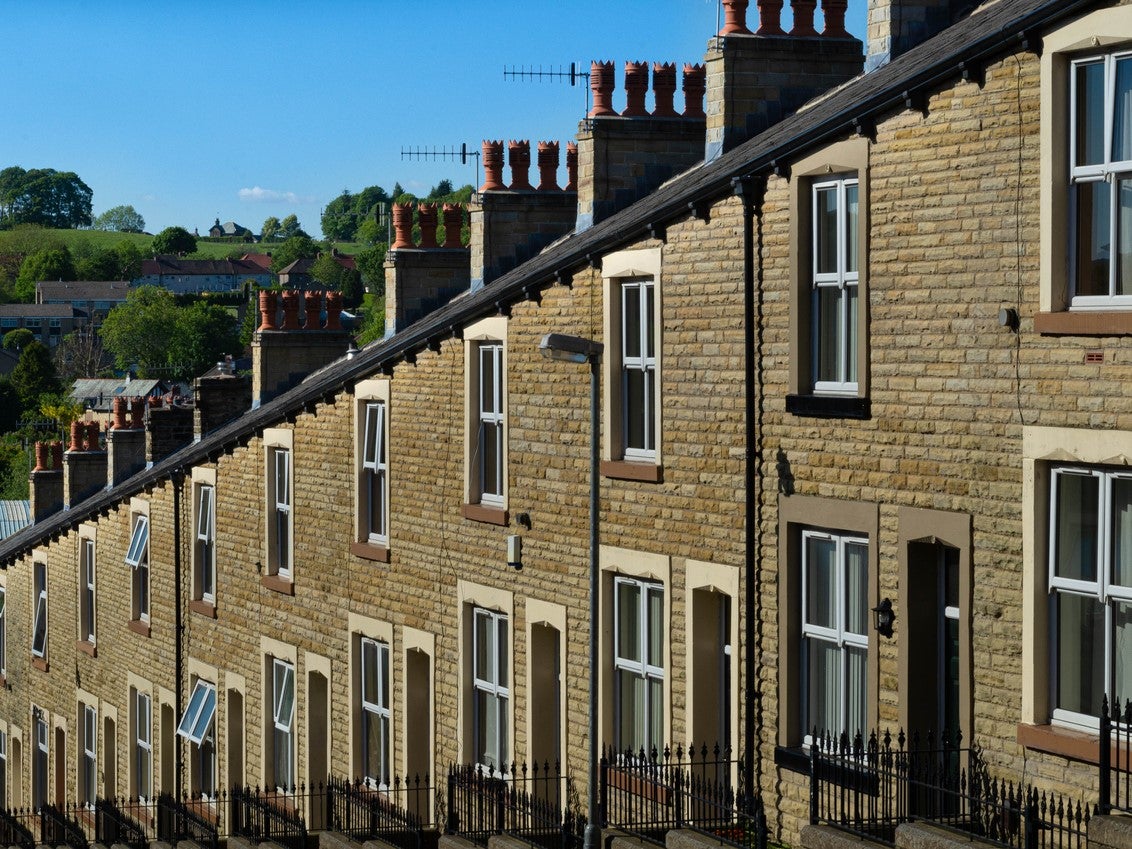Cost-of-living crisis: North-south divide widening as inflation 30% higher in poorer areas
Poor home insulation and greater car reliance means northern workers are now £340 a year worse off than southern counterparts, report says

Your support helps us to tell the story
From reproductive rights to climate change to Big Tech, The Independent is on the ground when the story is developing. Whether it's investigating the financials of Elon Musk's pro-Trump PAC or producing our latest documentary, 'The A Word', which shines a light on the American women fighting for reproductive rights, we know how important it is to parse out the facts from the messaging.
At such a critical moment in US history, we need reporters on the ground. Your donation allows us to keep sending journalists to speak to both sides of the story.
The Independent is trusted by Americans across the entire political spectrum. And unlike many other quality news outlets, we choose not to lock Americans out of our reporting and analysis with paywalls. We believe quality journalism should be available to everyone, paid for by those who can afford it.
Your support makes all the difference.The cost-of-living crisis is widening England’s north-south divide with inflation 30 per cent higher in northern towns and cities than in London, new research shows.
Poor home insulation, greater car reliance and more expensive public transport means people in Wales, the Midlands and the north are now up to £340 a year worse off than their southern counterparts, according to a report by the Centre for Cities thinktank.
Burnley, Blackpool and Bradford are being especially hard hit by the soaring food, fuel and energy costs with localised inflation estimated at 11.5 per cent, 11 per cent and 10.9 per cent respectively.
The UK average is just 9.1 per cent. In London, it is less still at 8.8 per cent. Cambridge, Oxford and Reading are also all well below the average.
“The entire country has been impacted by the cost-of-living crisis but our research clearly shows some areas are being hit much harder than others,” said Andrew Carter, the centre’s chief executive. “Worryingly, the north, Midlands and Wales are struggling with higher rates of inflation that are further squeezing finances and leaving their residents hundreds of pounds worse off.”
The widening chasms come despite outgoing prime minister Boris Johnson having repeatedly promised to level up the country.
“These disparities prove that levelling up our cities to tackle spatial inequalities and future proof the economy is more important than ever.
“In the short-term it is imperative that those most vulnerable are given the support they need to get through this crisis. Even while Westminster’s political situation is uncertain, ministers must act quickly to protect the areas most impacted and ensure they don’t fall even further behind.”
In May, Boris Johnson and his then chancellor Rishi Sunak announced a £15 billion package to help ease the cost of living crisis but the think tank suggests this was not targeted enough at the country’s most vulnerable areas or households.
It called for benefits to be increased in line with inflation, the temporary £20 a week uplift to Universal Credit introduced at the start of the pandemic to be reinstated and one-off payments for those in poorly insulated homes to help with energy bills.
The report comes just three months after another think tank, the Centre for Progressive Policy, warned that of the 31 areas across the country most vulnerable to soaring inflation, 19 were in the north and another eight are in the Midlands.

Join our commenting forum
Join thought-provoking conversations, follow other Independent readers and see their replies
Comments